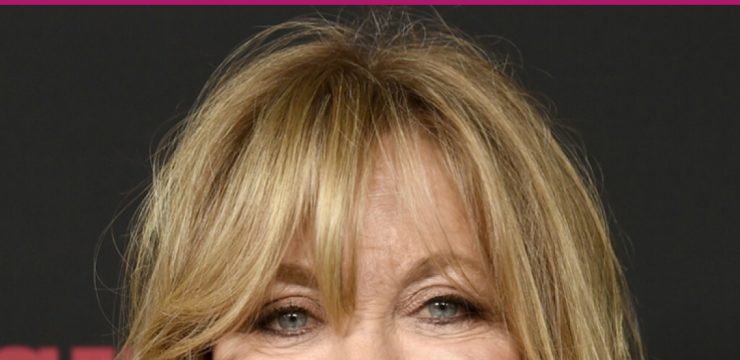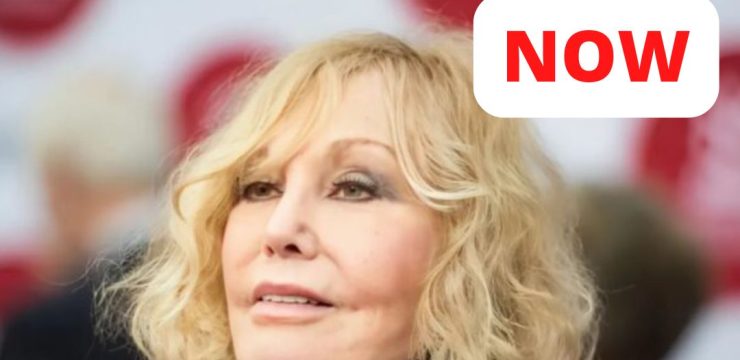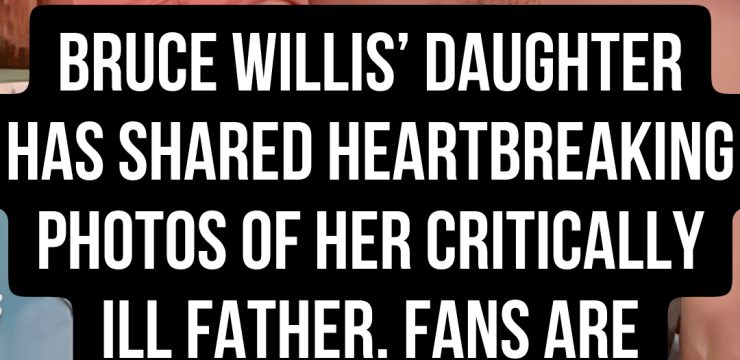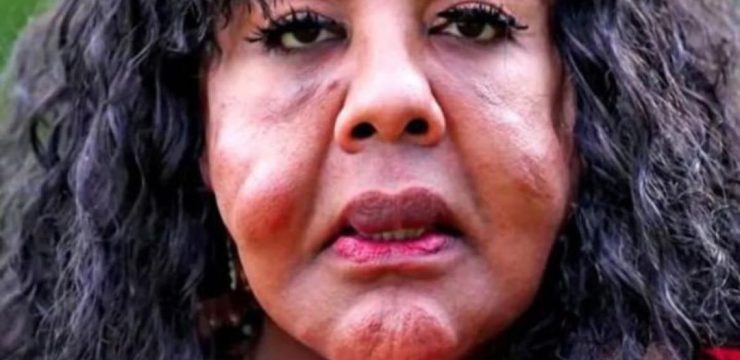More than two decades ago, a momentous and life-changing event unfolded in the life of Patti White, a devoted mother from California. It was a day filled with mixed emotions—joy and apprehension intertwined as she received news that would alter the course of her family’s journey. Her daughter, Lisa, had an important announcement to make: she was expecting a baby. While the news of an upcoming birth is typically met with celebration, Lisa’s situation was unique. Lisa was born with Down syndrome, a genetic condition caused by an extra copy of chromosome 21. This condition manifests in various ways, often leading to developmental delays, intellectual disabilities, and distinctive physical traits. However, what many people fail to recognize is that individuals with Down syndrome are capable of leading fulfilling, independent lives. They can maintain jobs, manage personal responsibilities, and engage in meaningful relationships.
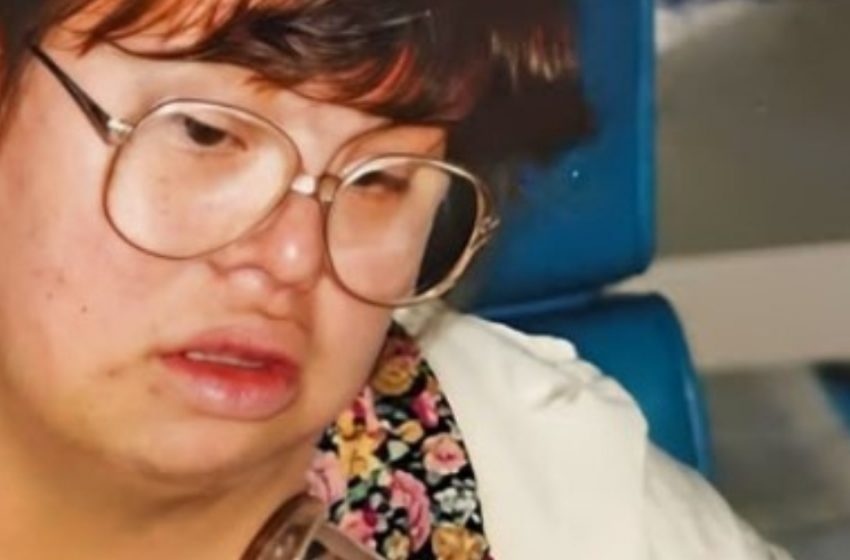
Lisa’s pregnancy was not just unexpected—it was extraordinary. The probability of two individuals with Down syndrome conceiving a child is significantly lower than that of typical couples. While women with Down syndrome are capable of becoming pregnant, men with the condition rarely father children. This rarity made Lisa’s pregnancy even more remarkable. When Patti first learned about her grandson’s birth, she was taken aback. However, her surprise quickly turned into unwavering support for her daughter. Lisa had made a life-changing decision, and Patti was determined to stand by her side every step of the way.
At 29 years old, Lisa was already living an independent life. She had her own apartment, managed her daily affairs, and had a full-time job at Goodwill, a nonprofit organization known for providing employment opportunities to individuals with disabilities. She had been self-sufficient for over a decade, navigating the world on her own terms and proving that her diagnosis did not define her capabilities. Her work at Goodwill gave her a sense of purpose, and she built strong relationships with her colleagues.
“She got along with everyone. She could do everything except operate the cash register. She liked being there, and they liked her,” Patti recalled in a 2016 interview with Voice. Lisa was respected and valued for her work ethic, reliability, and positive attitude. She demonstrated time and time again that she was fully capable of being a contributing member of society.
Outside of work, Lisa also maintained a personal life that included romantic relationships. She entered a relationship with a man who also had Down syndrome. While they were deeply connected, they chose to maintain separate households. Patti, being an understanding and supportive mother, recognized that her daughter was in a healthy and mature relationship. She did not shy away from discussing important topics with Lisa, including birth control and safe sex. These conversations were essential in ensuring that Lisa made informed choices regarding her personal life.
Despite being an independent and responsible adult, Lisa faced intense scrutiny and judgment when she became a mother. Societal biases and misconceptions about individuals with Down syndrome were deeply ingrained, and Lisa’s decision to have a child became a topic of controversy. There were those who doubted her ability to raise a child, questioning whether she could provide adequate care, guidance, and stability.
Nick, Lisa’s son, is now 24 years old. He has grown into a remarkable young man, raised by both his mother and grandmother. Together, Lisa and Patti dedicated themselves to ensuring that Nick had a loving and supportive upbringing. Through their combined efforts, they proved that love, dedication, and perseverance are the most critical factors in parenting—not societal expectations or preconceived limitations.
Lisa’s journey into motherhood was not without obstacles. The opinions of others weighed heavily on her, sometimes in ways that were deeply painful. Some of Lisa’s closest friends distanced themselves from her after her pregnancy was announced. It wasn’t necessarily their own feelings that led them to withdraw—it was the influence of their parents. Many parents of Lisa’s friends feared that her example would encourage their own daughters, who also had Down syndrome, to consider having children. The fear stemmed from long-standing prejudices and a lack of understanding about the capabilities of individuals with Down syndrome.
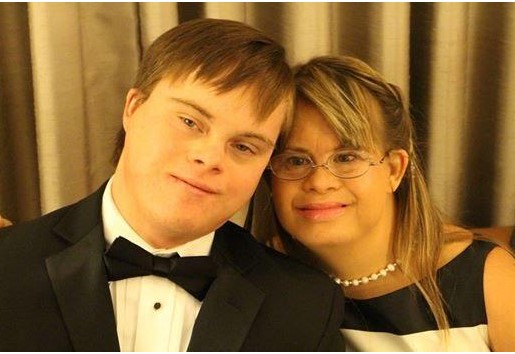
While these reactions were heartbreaking, Lisa remained resilient. With the steadfast support of her mother, she focused on providing the best life possible for her son. Nick grew up knowing that he was deeply loved and valued. His childhood was filled with warmth, encouragement, and a strong sense of belonging. Lisa’s determination to be a good mother never wavered. She took care of Nick’s needs, provided him with love and guidance, and worked tirelessly to ensure his happiness.
The story of Lisa, Patti, and Nick is one of profound significance. It challenges deeply held societal assumptions and serves as a powerful testament to the capabilities of individuals with Down syndrome. It is a story that speaks to the importance of acceptance, inclusion, and the fundamental belief that every person deserves the chance to lead a fulfilling life, regardless of their genetic makeup.
As Nick grew older, he began to understand the unique circumstances of his birth and the challenges his mother faced. He developed a deep appreciation for the sacrifices she made and the love she poured into raising him. Lisa and Patti’s unwavering commitment to his well-being shaped him into the person he is today.
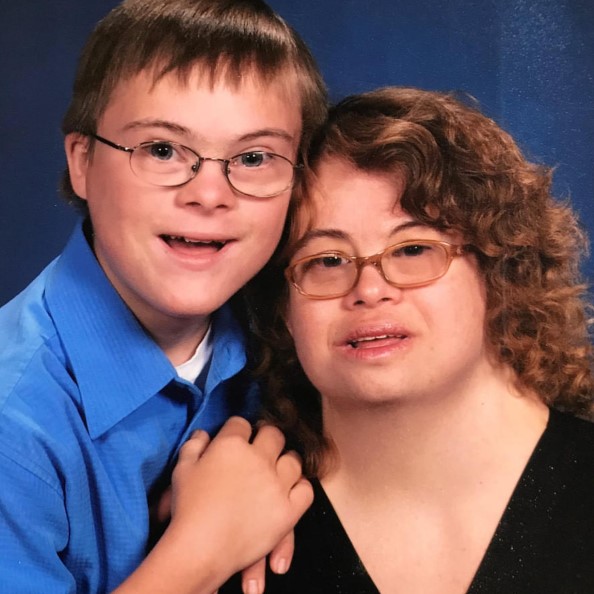
Over the years, their story has served as an inspiration to many. It has sparked conversations about the rights of individuals with Down syndrome, the importance of supportive communities, and the need to challenge outdated perceptions. By simply living their lives authentically and unapologetically, Lisa and Patti have made a lasting impact.
Their journey also underscores the importance of advocacy. Individuals with Down syndrome continue to face barriers in many aspects of life, from employment opportunities to healthcare access. Stories like Lisa’s help shed light on these issues and highlight the need for continued progress. The world must move toward greater acceptance and recognition of the diverse abilities of people with Down syndrome.
The bond between Lisa and Nick is a testament to the power of love, perseverance, and determination. They have defied expectations and overcome obstacles together, demonstrating that family is built on love, not limitations. Their story serves as a reminder that people with Down syndrome are capable of achieving great things when given the opportunity and support to do so.
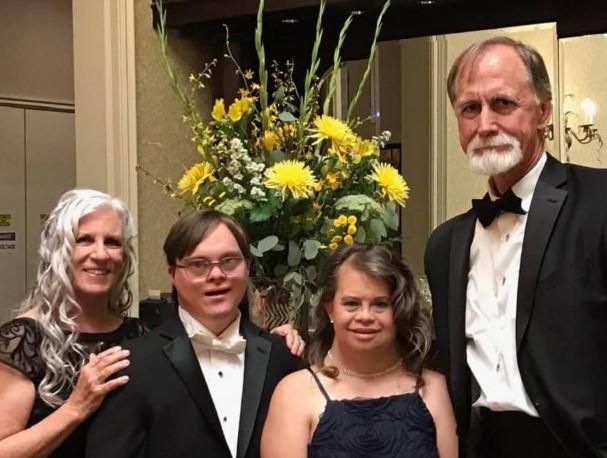
Lisa’s decision to become a mother was met with doubt and skepticism, but her unwavering commitment to raising her son has proven that she was more than capable. The challenges she faced did not define her—instead, they strengthened her resolve and showcased her resilience.
Today, Nick continues to thrive, carrying forward the lessons instilled in him by his mother and grandmother. His life is a reflection of the unconditional love and support that surrounded him from the very beginning. Lisa’s story is not just about defying expectations—it is about rewriting the narrative surrounding individuals with Down syndrome and celebrating their potential.
The world has much to learn from individuals like Lisa, Patti, and Nick. Their journey is a powerful reminder that everyone deserves to be seen for their abilities rather than their limitations. It is a story that challenges outdated beliefs and encourages society to embrace inclusivity and understanding.
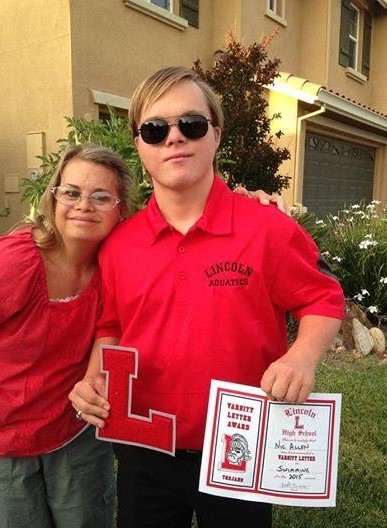
In sharing their story, we hope to inspire more people to see the value and contributions of individuals with Down syndrome. Their lives are rich, meaningful, and full of potential. They deserve the same opportunities, respect, and recognition as anyone else.
Lisa, Patti, and Nick’s journey is one of courage, love, and unwavering determination. They have shown the world that strength comes in many forms and that the most important factor in any family is love. Their story is a beacon of hope and a call for greater acceptance and inclusion.
If this story resonates with you, please share it to help spread awareness and support for individuals with Down syndrome. Every person deserves to be valued for who they are, and every story like Lisa’s helps bring us one step closer to a more inclusive world.
